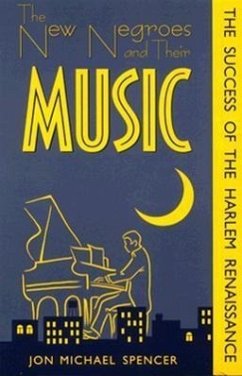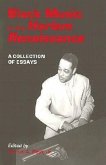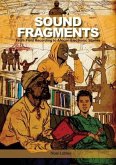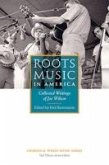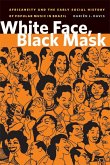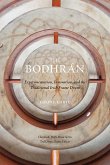Boldy conceived and compellingly argued, this revisionist work offers a new interpretation of the Harlem Renaissance by focusing on its music. Jon Michael Spencer challenges the emphasis of earlier historical studies - which have tended to bypass music in favor of literature - as well as their general conclusion that the Renaissance was a failure. Spencer's discussion encompasses the music and writings of a wide range of important figures, including James Weldon Johnson, Harry T. Burleigh, Roland Hayes, Marian Anderson, Alain Locke, William Grant Still, R. Nathaniel Dett, and Dorothy Maynor. He argues that the singular accomplishment of the Harlem Renaissance composers and musicians was to achieve a "two-tiered mastery" promoted by Johnson, Locke, the Harmon award, and Crisis and Opportunity magazines. Their work, Spencer says, drew on the "mood and spirit" of African American folk music while mastering the forms and techniques of the European classical tradition in music. Spencer also contends, with Locke, that the Harlem Renaissance had its roots in the turn of the century and extended for three decades beyond the 1920s. He thus contests assertions that the arrival of the Great Depression effectively ended the Renaissance, as issues of economic survival allegedly subsumed artistic aspirations. In positing a much longer period for the Renaissance and offering evidence for it, Spencer argues that this flowering of African American creative endeavor constitutes a major cultural legacy that can only be described as a resounding success.

